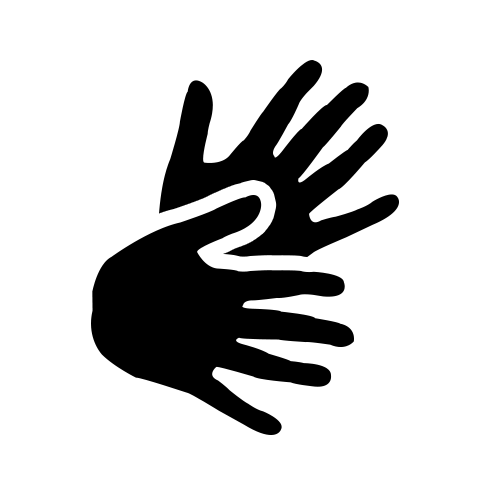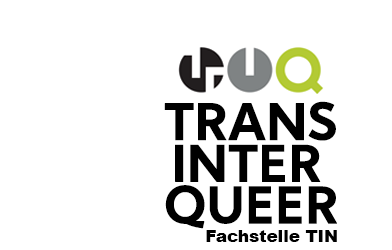What is trans*?
The term trans*
Trans* is a adjective, which describes persons, that do not or not only identify with their gender assigned at birth. The star is a possibility of search engines and programming languages for a variety of possible endings, like transgender, transsexual or transidentity.
The original meaning from the latin prefix is “beyond”. The counterpart from trans is the prefix cis, latin for “on this side” or “within”. Cis is the adjective for Persons, who identify with their gender assigned at birth.
In comparison to terms like transsexuality, transgender or transidentity, which are used in a narrow sense, trans* is a wider label to make more life plans and self-identifications visible, which are not included in the cis-normative expectations. Not all labels include the syllable trans* (such as enby, crossdresser, neither*nor* or drag king/queen). Trans* comprises binary and nonbinary genders.
The situation of trans* people
Trans* persons experience discrimination, stigmatization and violence in many areas of life in Germany.
Medicine and law
Some trans* persons decide to conform their bodies to their gender identity through medical interventions. To being able to use these medical interventions, it is still usual in Germany, to get a psychiatric diagnosis of a personality disorder. This does no longer corresponds to international scientific standards, which recognizes that transidentity is a healthy and normal variant of gender (identity).
Achieving a legal registration of first names and gender entries is possible in Germany, but has so far been associated with major hurdles. Until 2011, trans* people had to undergo sterilization in order to adjust their gender marker to their gender identity. The so-called “Transsexuellen Gesetz” (TSG), which is unconstitutional in many parts and in need of reform, has been in force since 1981 and prescribes a lengthy assessment process for changing first names and civil status. This process takes disproportionately long, is expensive and is perceived by many applicants as a great psychological burden.
Social exclusion and stigmatization
In a society which only recognizes men and women (and clearly seperates), all gender identites are made invisible and to alleged pathological deviations from a healthy norm. Little knowledge about life experiences from trans* people and one-sided representations in media lead to stigmatization and/or exoticization. Many trans* persons are disadvantaged in basic areas of life such as housing, work and education. Trans* persons which are marginalized in more areas experience exclusions and violence above average.
Coming out
To accept a gender identity which differs from normative expectations and to communicate it, can take many years and also be connected with fears and disorientation. Little knowledge and acceptance in the closer environment can lead to broken relationship structures after a coming out as a trans* person. This is one of the reasons why Community offers are so important for trans* persons.
Our offers
Psychosocial counseling: Peer counseling for trans* and non-binary people and their families
Professional counseling: Advice for people who have questions about trans*/intersex and nonbinary people or who have professional dealings with trans*/intersex and nonbinary people
Training: Workshops, further training and further education on the subject of trans*
Group offers: Self-help, health, sports, leisure and other groups for trans* and non-binary people
Events: Leisure, cultural and educational events for trans*/intersex/nonbinary people and those interested in trans*/intersex/nonbinary or on trans*/intersex/nonbinary-relevant topics
Publications: Statements, flyers and brochures to different trans* and trans*/intersex/nonbinary relevant topics




